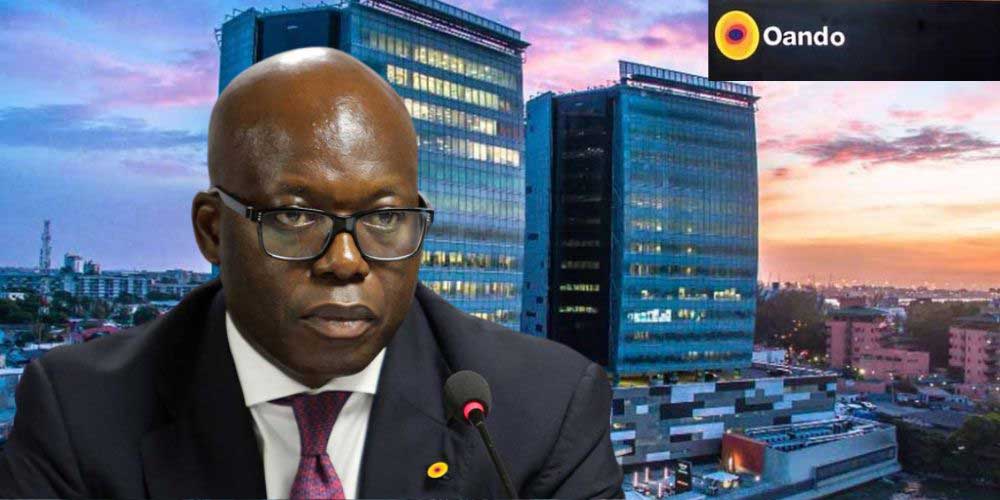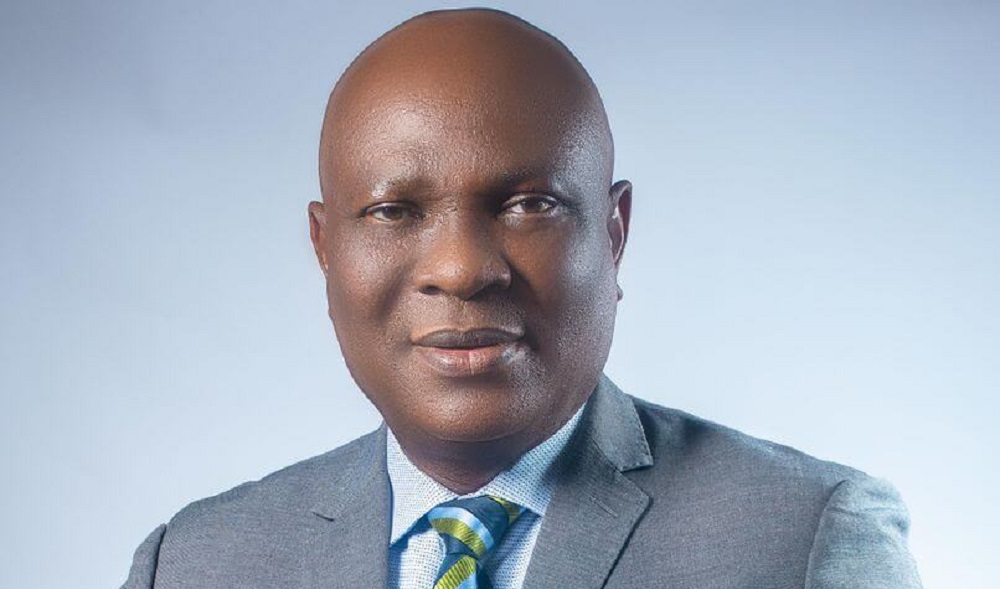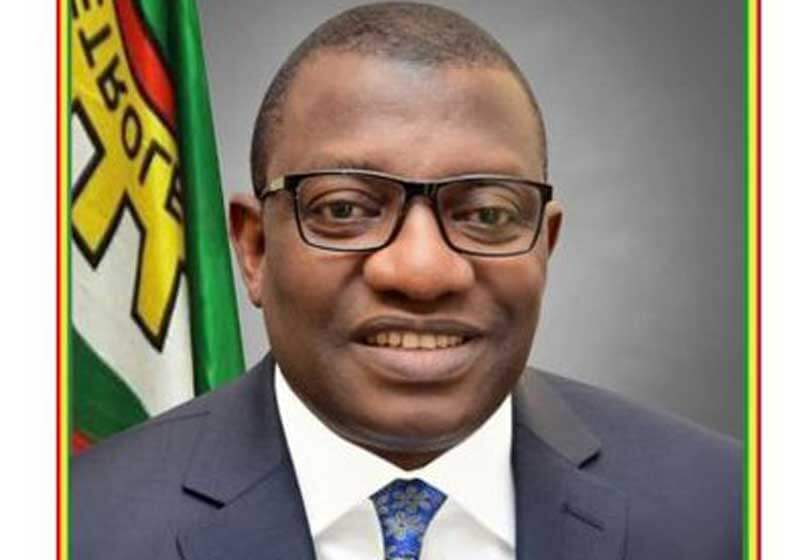Seplat Plans More Investments, Strengthens Export Capacity With Mobil Acquisition

Seplat Energy Plc has announced its strategic focus on long-term investments across its core business divisions following a year that saw the company significantly expand its operational scale, asset portfolio, and export infrastructure through the acquisition of Mobil Producing Nigeria Unlimited (MPNU).
Speaking at the company’s Annual General Meeting on Wednesday, Seplat’s Chairman, Mr Udoma Udo Udoma, described the 2024 financial year as “truly transformational”, confirming that the company’s performance fully met the expectations of the Board.
According to him, the company recorded strong production numbers and robust cash generation and maintained its high safety standards with over 11 million man-hours logged without a single Lost Time Incident (LTI).
The Chairman noted that Seplat’s existing operations performed exceptionally well in 2024, achieving key production and operational efficiency targets.
“The company’s core business delivered $1.116bn in revenue, underpinned by safe and reliable operations and supported by contributions from newly drilled wells, increased gas production, and enhanced pipeline efficiency.
However, the highlight of the year was undoubtedly the completion of the MPNU acquisition in December 2024.
The deal, which involved the purchase of MPNU’s entire share capital, more than doubled Seplat’s production capacity and significantly boosted its proven and probable (2P) reserves.
The assets acquired from MPNU — now rebranded as Seplat Energy Producing Nigeria Unlimited (SEPNU) — include some of Nigeria’s most prolific oil and gas fields, as well as vital export and processing infrastructure.
“The integration of SEPNU positions Seplat as a major player in Nigeria’s offshore production space. With the addition of three export terminals — Qua Iboe Terminal, Bonny River Terminal, and the Yoho Floating Storage and Offloading (FSO) facility — as well as Natural Gas Liquids (NGL) plants at the East Area Project and Oso, Seplat has gained control over key midstream assets that will enhance its export capabilities and revenue assurance,” he said.
Commenting on the acquisition, Seplat’s Chief Executive Officer, Mr Roger Brown, emphasised the strategic significance of the deal.
This acquisition is not just about scale; it is about transformation,” he said. “We have transitioned from being a purely onshore producer to an integrated operator with 70 per cent of our production now offshore.
“This diversification improves our operational resilience, reduces exposure to onshore security risks, and broadens our capacity to export through multiple terminals.”
According to him, Seplat reported a working interest average production of 52,947 barrels of oil equivalent per day (boepd) in 2024 — an 11 per cent increase over the previous year and above the top end of its guidance range. Of this, 48,618 boepd came from Seplat’s legacy onshore operations, supported by improved output from gas assets and infrastructure optimisation.
SEPNU assets contributed an annualised average of 4,329 boepd in just 19 days of inclusion following the December change-in-control. For 2025, Seplat has issued production guidance of 120,000 to 140,000 boepd.
The company’s Q1 2025 production already stands at 131,561 boepd, reflecting strong early performance from the newly combined entity.
In terms of infrastructure, the CEO announced the mechanical completion of the ANOH Gas Plant in December 2023, with the plant now fully ready to receive commissioning gas.
“The 300 MMscfd joint-venture-operated facility represents a significant step forward in Nigeria’s gas monetisation strategy. However, full operations have been delayed by the technically challenging river-crossing section of the OB3 pipeline, where tunnelling progress stalled at 1.12 km of the required 1.85 km,” he said.
Seplat’s Chief Operating Officer, Mr. Samson Ezugworie, confirmed that additional equipment has been deployed and that tunnelling resumed recently, with completion targeted for Q2 2025. Once operational, ANOH is expected to be a cornerstone of Nigeria’s domestic gas supply network.
Looking ahead, he said Seplat is charting an ambitious path for future growth. The company plans to invest heavily in both its onshore and offshore (SEPNU) assets to ramp up production.
“It is also prioritising investments in infrastructure maintenance and asset integrity to ensure long-term operational sustainability. Seplat will unveil a comprehensive operational strategy during its Capital Markets Day scheduled for Q3 2025.”
Beyond its commercial and operational priorities, Seplat is also deepening its internal transformation. In 2024, the company launched a new cultural framework — SF-InPACT — built around core values such as inclusivity, performance, agility, and trust.
The framework, developed through extensive employee engagement, has already led to improved scores in Seplat’s annual staff engagement survey. It reflects Seplat’s commitment to strengthening its internal capabilities while managing a significantly enlarged and more complex organisation,” he said.
On the human capital and sustainability fronts, the CEO announced the internal rollout of a new cultural framework — SF-InPACT — aimed at deepening employee engagement, performance, and trust within the organisation.
He also reaffirmed the company’s commitment to new energy ventures, confirming that while no investment decisions were made in 2024 due to the MPNU acquisition, plans to pursue power generation and renewables remain active.
In line with its vision of transforming lives through energy, Brown said Seplat’s social investment efforts reached key milestones in 2024, including conducting 100,000 eye tests through its Eye Can See programme and training over 1,000 teachers through various education programmes.
According to him, a major highlight was the launch of the Youth Entrepreneurial Program (YEP), designed to equip young Nigerians with skills in renewable energy, aligning with global climate action goals.
With its expanded asset base, strategic infrastructure, growing production, and deepened community engagement, he said Splat is well-positioned to deliver sustained growth and long-term value for all stakeholders while advancing Nigeria’s energy security and transition ambitions.
Seplat Plans More Investments, Strengthens Export Capacity With Mobil Acquisition is first published on The Whistler Newspaper




